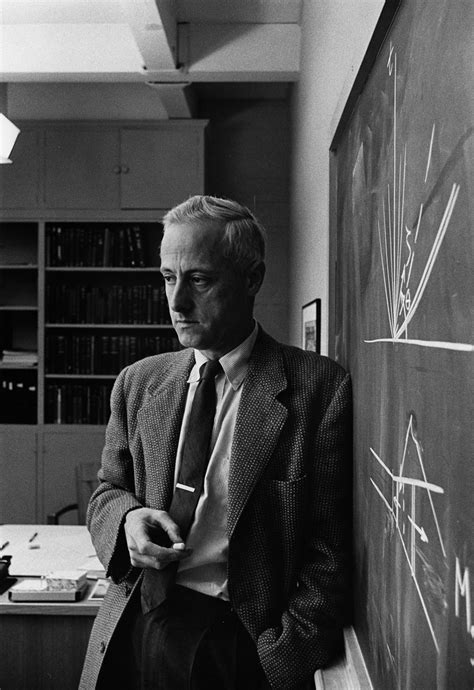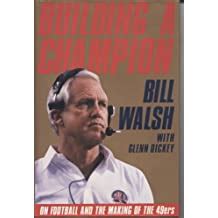A Quote by Confucius
Related Quotes
When philosophers use a word--"knowledge," "being," "object," "I," "proposition," "name"--and try to grasp the essence of the thing, one must always ask oneself: is the word ever actually used in this way in the language-game which is its original home?--What we do is to bring words back from their metaphysical to their everyday use.
[T]he essence of belief is doubt, the essence of reality is questioning. The essence of Time is Flow, not Fix. The essence of faith is the knowledge that all flows and that everything must change. The growing man is Man Alive, and his "philosophy" must grow, must flow, with him. . . . the man too fixed today, unfixed tomorrow - and his body of beliefs is nothing but a series of fixations.
I feel that all knowledge should be in the free-trade zone. Your knowledge, my knowledge, everybody's knowledge should be made use of. I think people who refuse to use other people's knowledge are making a big mistake. Those who refuse to share their knowledge with other people are making a great mistake, because we need it all. I don't have any problem about ideas I got from other people. If I find them useful, I'll just ease them right in and make them my own.
It has been said that the essence of teaching is causing another to know. It may similarly be said that the essence of training is causing another to do. Teaching gives knowledge. Training gives skill. Teaching fills the mind. Training shapes the habits. Teaching brings to the child that which he did not have before. Training enables a child to make use of that which is already his possession.
There is, so I believe, in the essence of everything, something that we cannot call learning. There is, my friend, only a knowledge-that is everywhere, that is Atman, that is in me and you and in every creature, and I am beginning to believe that this knowledge has no worse enemy than the man of knowledge, than learning.
The inner essence of worship is cherishing Christ as gain - indeed as more gain than all that life can offer - family, career, retirement, fame, food, friends. The essence of worship is experiencing Christ as gain. Or to use words that we love to use around here: it is savoring Christ, treasuring Christ, being satisfied with Christ.
Surely knowledge of the natural world, knowledge of the human condition, knowledge of the nature and dynamics of society, knowledge of the past so that one may use it in experiencing the present and aspiring to the future--all of these, it would seem reasonable to suppose, are essential to an educated man. To these must be added another--knowledge of the products of our artistic heritage that mark the history of our esthetic wonder and delight.
Each is liable to panic, which is exactly, the terror of ignorance surrendered to the imagination. Knowledge is the encourager, knowledge that takes fear out of the heart, knowledge and use, which is knowledge in practice. They can conquer who believe they can. It is he who has done the deed once who does not shrink from attempting again.







































